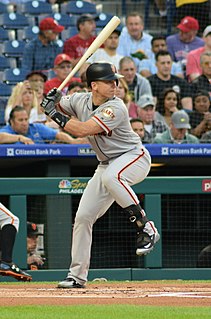A Quote by Willie Stargell
To middle-class parents, the project team may have seemed unfit for children, but it was exactly what I needed.
Related Quotes
When I grew up, I realised what an amazing thing my parents did. It was such a big deal for my mom, a middle class woman, to decide to leave her children and husband to go and do her Ph.D. for three years. And my dad, who is even more middle class, a traditional South Indian, to let his wife do that.
If in the earlier part of the century, middle-class children suffered from overattentive mothers, from being "mother's only accomplishment," today's children may suffer from an underestimation of their needs. Our idea of what a child needs in each case reflects what parents need. The child's needs are thus a cultural football in an economic and marital game.
The answers to feeding hungry children is not fewer dollars to feed hungry children, it's to do more. It is to raise the minimum wage. It is to increase, not dismantle, the earned income tax credit. It is to make college more affordable for more middle class families, not more expensive. These are the things that grow our middle class.
I wondered if parents had an easier time with the secrets their children kept than children did with the secrets of their parents. A parent's secrets seemed like some sort of betrayal, where my own just seemed like a fact of life and growing up and away. I was supposed to be independent, but he was supposed to be available. Him having his own life seemed selfish, where me having my own was the right order of things.




































